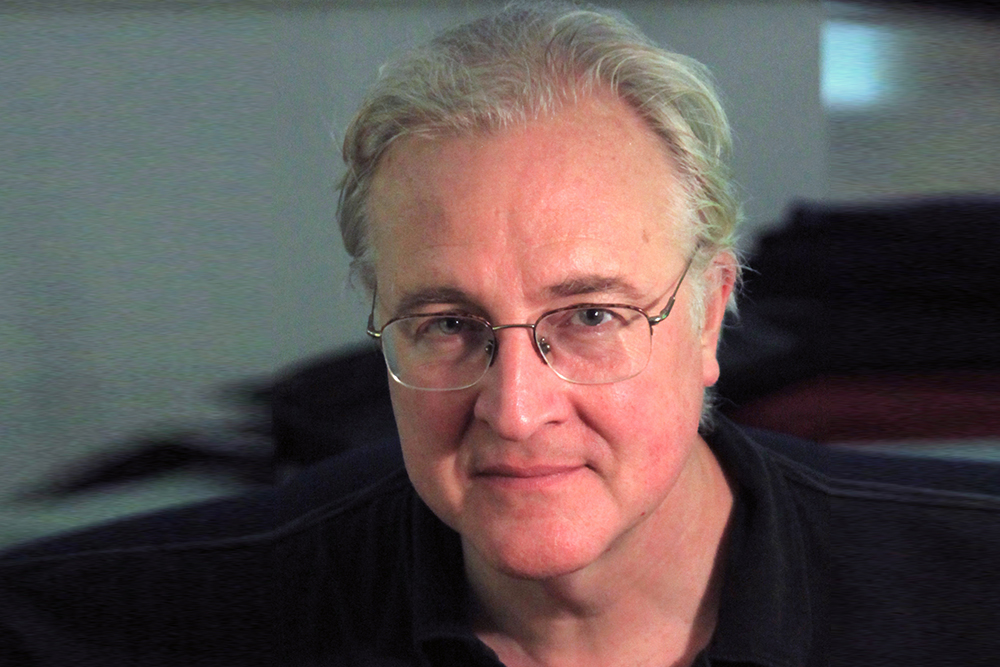University Professor of Music Paul Moravec, the composer behind the acclaimed 2016 opera adaptation of Stephen King's The Shining, has tackled another American epic in his Sanctuary Road.
 University Professor of Music Paul Moravec, D.M.A., the composer behind the acclaimed 2016 opera adaptation of Stephen King’s The Shining, has tackled another American epic in his Sanctuary Road—this one a story with a much more serious place in the history of the country.
University Professor of Music Paul Moravec, D.M.A., the composer behind the acclaimed 2016 opera adaptation of Stephen King’s The Shining, has tackled another American epic in his Sanctuary Road—this one a story with a much more serious place in the history of the country.
The work—with a libretto by Moravec’s Shining collaborator Mark Campbell—tells the story of the Underground Railroad from the point of view of one of the valiant activists who helped escaped slaves on the road to freedom. It was commissioned by the acclaimed Oratorio Society of New York and received its premiere May 7 at Carnegie Hall under the direction of Kent Tritle. Also on the program was We Are One, a piece by composer Behzad Ranjbaran in memory of Dr. Martin Luther King Jr.
Campbell’s libretto was based on the writings of William Still, a child of slaves who worked as a clerk for the Pennsylvania Society for the Abolition of Slavery and kept detailed and invaluable records of the escaped slaves he helped find freedom and new lives in the northern states. The piece is scored for four vocal soloists plus chorus.
“I am thrilled to be collaborating again with Kent and the incomparable OSNY—as well as with the preternaturally gifted Mark Campbell,” said Moravec, who won the 2004 Pulitzer Prize for Music for his work Tempest Fantasy. “This work is the latest in a series of my American oratorios including The Blizzard Voices, which Kent and OSNY brought to life so magnificently in 2013.”
It’s been a busy spring for Moravec, who also had his shakuhachi concerto performed at New York City’s Symphony Space on April 16 by the Sybarite5 string quartet and James Nyoraku Schlefer on the Japanese wooden flute. And his Wind Symphony was performed on April 30 at the University of New Mexico.
But the new oratorio holds a special significance. Writing on his website, Moravec noted that, “Time is the medium of music and memory is the mediator. In its sublime, mysterious way, music remembers. Composing the music for this oratorio, I was guided by my intention to memorialize the spirit and events of this extraordinary chapter in American history. As William Still sings about the slaves he aided on their road to freedom, ‘Their testimony will never be forgotten.'”
For further information, please contact:
Todd Wilson
Strategic Communications Director
p – 516.237.8634
e – twilson@adelphi.edu